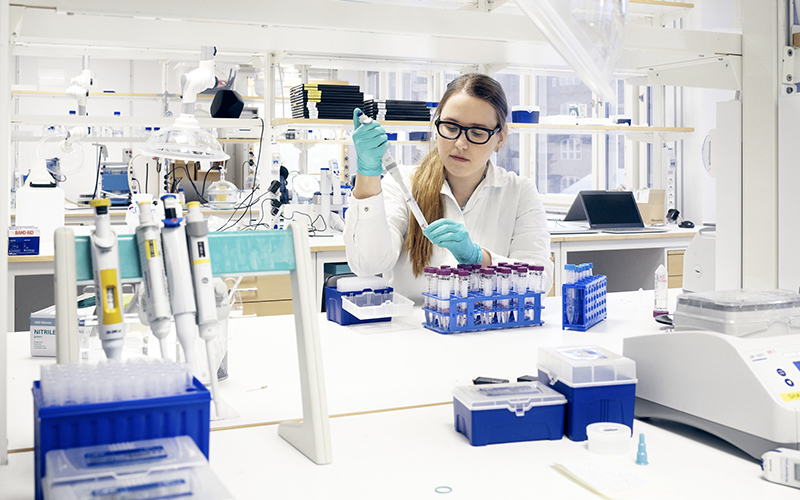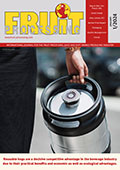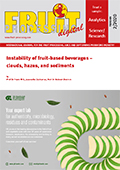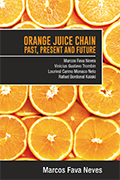Tetra Pak unites with start-ups, tech companies and academia to accelerate innovation for the future of food
Ahead of the United Nations World Food Safety Day Tetra Pak announced its new set of research collaborations and programmes to further accelerate efforts to address challenges facing food systems worldwide.

Cutting edge start-ups, technology companies and universities join hands with Tetra Pak to tackle challenges and unlock new opportunities for the Food & Beverage industry.
Ahead of the United Nations World Food Safety Day Tetra Pak announced its new set of research collaborations and programmes to further accelerate efforts to address challenges facing food systems worldwide. The initiative is part of the company’s drive to nurture an innovation ecosystem to open new opportunities in the areas of food availability, safety and sustainability.
According to the Food and Agriculture Organisation UN FAO, the world is in a very different place compared to six years ago, when it committed to the goal of ending hunger, food insecurity and all forms of malnutrition by 2030. The current reality is that we have not been progressing fast enough towards ensuring access to safe, nutritious and sufficient food for all people. As an example, over 2 billion people did not have access to enough safe and nutritious food in 2020.
Laurence Mott, Executive VP Development and Technology at Tetra Pak says: “Tetra Pak has been an early advocate of forming and strengthening links between academia and the food industry. We have several long-standing relationships with universities and research institutions. We’ve also been working with game changing start-ups and tech companies to accelerate innovation. Now more than ever this is vital. The challenges of the global food industry are broad and varied. The only way we can meet these challenges is to pool our expertise. Only together will we secure a better future in the areas of sustainability, food safety and food availability. I’m very happy to see the progress so far and will take this opportunity to thank all our partners”.
In an attempt to address challenges around food and sustainability, Tetra Pak is teaming up with entities across countries such as France, US, Sweden and Italy, among others, to explore different innovations across the food system. These includes a range of development programmes – from exploring new food categories, such as plant based food, to using enzymes that reduce food waste to advancing the insect protein movement.
Rodrigo Godoi, VP Processing Portfolio Management at Tetra Pak, says: “To drive innovation, we need to question status quo and keep pushing our boundaries, working together with external partners who bring fresh ideas and perspectives to the table. At Tetra Pak, we are continuously exploring new concepts, new food ingredients and new production methods that sit outside of our ‘core’ competencies. As an example, we have conducted over 300 screenings that resulted in more than 10 pilot projects to be researched. We encourage start-ups to come to us with their ideas as well as to join cross-industry teams to explore opportunities. We recognise the value in coming together with experts across an ecosystem in food, science and engineering to help identify new solutions and address challenges intensified by the changes in the food supply chain.
Dr Karim Engelmark Cassimjee, CEO at EnginZyme, said “The food industry faces many sustainability challenges, especially the ability to achieve efficient and sustainable production at the same time. The cell-free biomanufacturing that we have pioneered at EnginZyme can meet this need with its broad applicability, low cost of production, short development timelines and predictable scalability. Our collaboration with Tetra Pak is an incredibly exciting opportunity – in particular how we are exploring solutions to unlock the potential of by-products like acid whey”.
Some of the programmes announced include, France’s Paris&Co innovation platforms, Smart Food Paris and Urban Lab, technology start-ups EnginZyme, NuCaps and Tebrito and leading research universities in Italy and Sweden including University of Modena, Reggio Emilia (UNIMORE) and Lund University.









